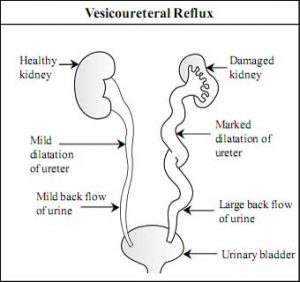
Premarital counseling is one of those things that’s strongly encouraged—or even required—if you’re getting married in a religious ceremony. But what happens if you’re not getting married in that kind of setting? Is this still something you should look into?
Some experts say it’s super-helpful. Brandy Engler, Ph.D., a licensed clinical psychologist specializing in relationships, says counseling before you get hitched, preferably from a person who specializes in this stuff, like a couples therapist, can strengthen your bond for the long haul.
Advertisement
You see, Engler says, couples therapists know the skills it takes to create a happy, sustainable relationship beyond saying your vows. In your dating phase, your hot and heavy feelings for each other drive you to commit, but once you’re husband and wife you need to learn how you can continue to protect your bond.
Though most couples could benefit from premarital counseling, not everyone needs it, says Jane Greer, Ph.D., a New York-based marriage therapist and author of What About Me? Stop Selfishness From Ruining Your Relationship.
Not sure where you stand? Experts say these are the top signs you should schedule a premarital counseling session:
1. You’re fighting over how big or small of a wedding to have, and you can’t reconcile this difference.
2. You’re arguing over all the elements of the wedding, and you’re not on the same page.
3. You or your partner doubt whether you’re making the right decision.
4. You’re reluctant to plan anything at all, for fear you’re making the wrong choice.
5. Your family doesn’t like your fiancé, or vice versa. “This can make potential wedding plans difficult and upsetting,” Greer says.
6. You’re not on the same page about how much closeness and space you need. Counseling can help you address how you’ll tell each other when you need a little breathing room, Engler says.
7.You don’t agree on how much sex you should have or know how much sex your partner wants to have.
But Greer says you can probably give premarital counseling a pass if you meet the following criteria:
1. You’re on the same page about wedding plans, sex, and alone time.
2. You’re able to balance your differences and work out compromises.
3. There’s family harmony.
4. Both of you feel secure and confident in your choice to marry each other.
As for who should counsel you, Greer says it’s ultimately up to you and your preference. While you can go with a marriage or family therapist, you can also opt for a priest from your church, a psychologist, a psychotherapist, or a social worker. “Anyone trained in working with couples and dealing with relationship issues can help you sort through some of the potential obstacles that might get in your way,” she says. (But if the wedding officiant you found online is trying to pitch you sessions as part of his or her package, and they don’t have any qualifications, you can probably skip it.)
If you’re waffling about whether to get premarital counseling, Engler says it’s best to err on the side of caution. “Even if you never fight, you can still benefit from this,” she says.
Related Articles: Why I Decided to Become a Born-Again Virgin








